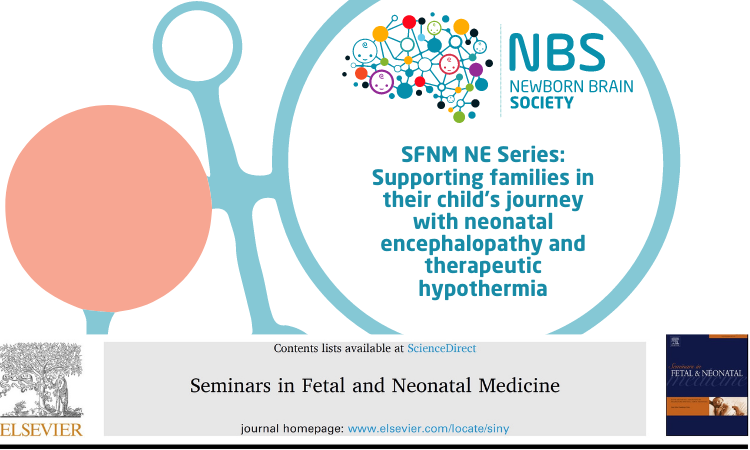
Practice Points:
- Communication amidst therapeutic hypothermia is challenging; parents desire timely, transparent, and consistent communication with clinicians.
- Parents value opportunities to participate in their infant’s clinical care. Programs should work to integrate parents into clinical care in the acute period and empower them to lead clinical care and rehabilitation as they prepare for life at home.
- Parents of infants treated with therapeutic hypothermia are at risk of sustained mental health challenges. Clinicians should proactively identify parents at highest risk and provide longitudinal mental health support.
- Peer support is a critical aspect of care for children treated with therapeutic hypothermia; clinicians should be aware of available resources and empower families to connect with peer support organizations.
To view the full text and an associated presentation, become a NBS member here

